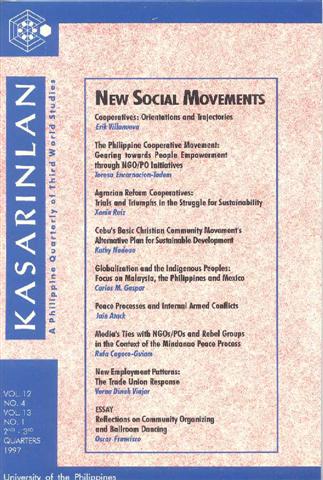Globalization and the Indigenous Peoples: Focus on Malaysia, the Philippines, and Mexico
Abstract
Since the dawn of globalization, man has searched for new frontiers at the expense of the indigenous peoples (IPs). In the name of conquest the indigenous communities, as exemplified by those in Malaysia, the Philippines, and Mexico, lost their humanity through the assimilation and their homelands by virtue of the Regalian doctrine. Some IPs were given token recognition, while the colonizers exploited and destroyed the former’s ancestral lands. Others were acculturated through mainstream, pacified through foreign religions, or annihilated through brute force. Development is usually invoked by the state to justify the subjugation and disenfranchisement of the indigenes whose plight has been aggravated by globalization. Because of these events, their common clamor in protest actions or armed resistance is their right to self-determination. Nowadays, more IPs’ organization with the aid of other sectors of society are pursuing this cause by neutralizing discrimination, political marginalization, and cultural suffocation. Elsewhere, governments are forced to listen but they respond slowly and with little impact. Most responses fall into the too-little-too-late syndrome, leaving the IPs deeply disillusioned. However, no matter if the struggle has a long way to go, it has also come a long way as the IPs have become more aggressive and creative in their collective action to defend their rights and advance their causes.
Section
Features
Keywords
Malaysia, Philippines, Mexico, Globalization, Indigenous Peoples
By submitting a manuscript, the authors agree that the exclusive rights to reproduce and distribute the article have been given to the Third World Studies Center.



